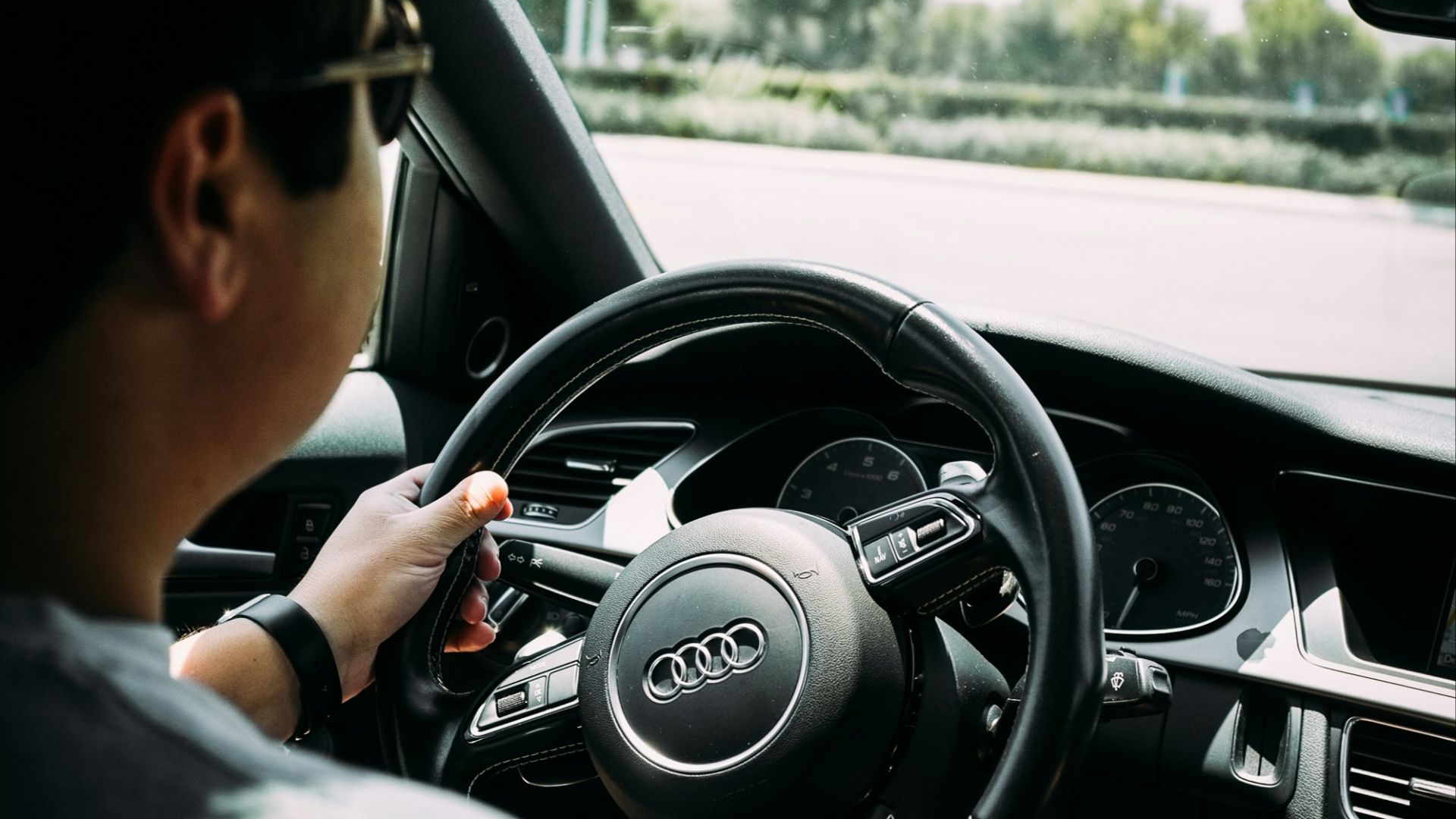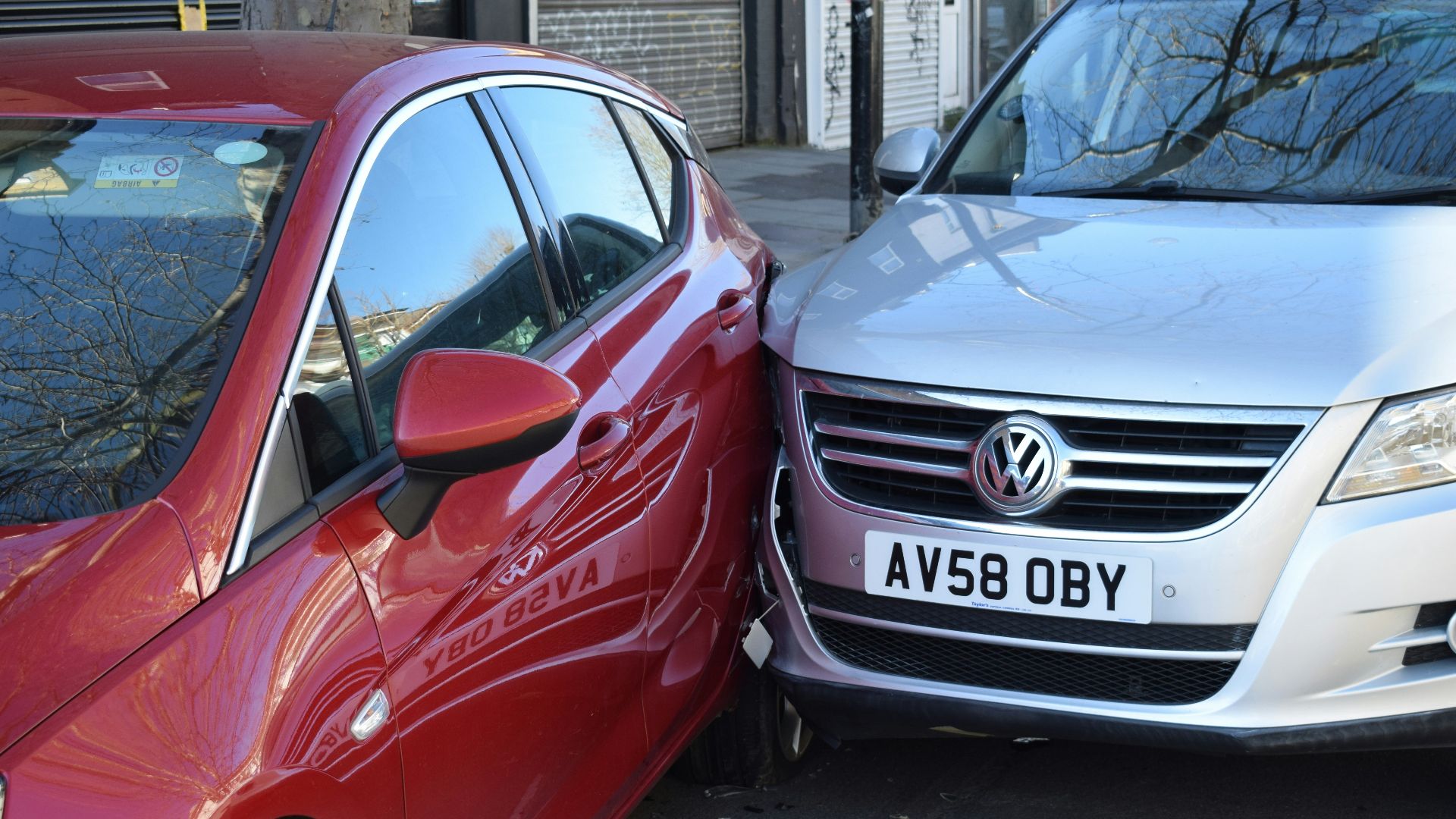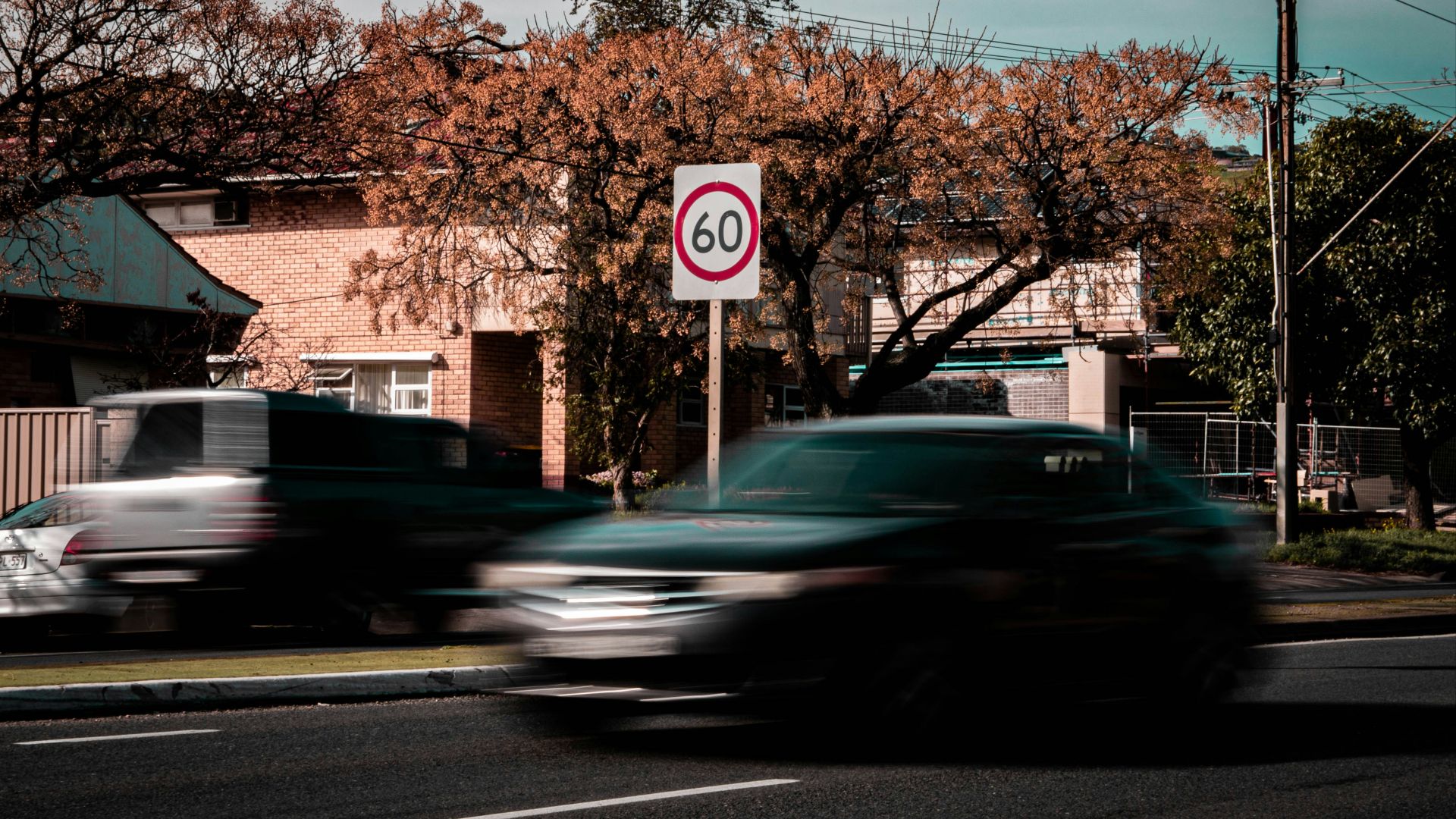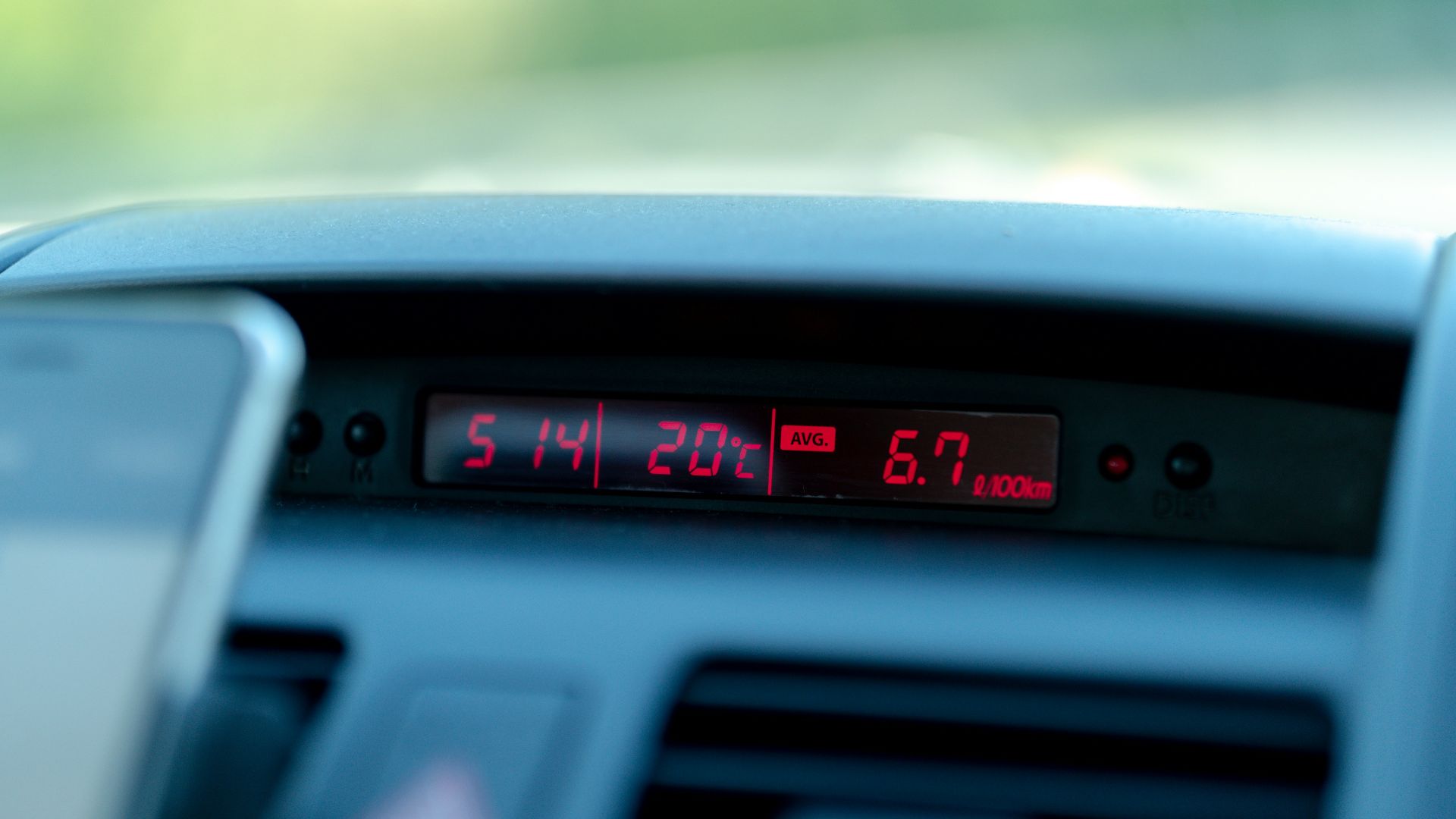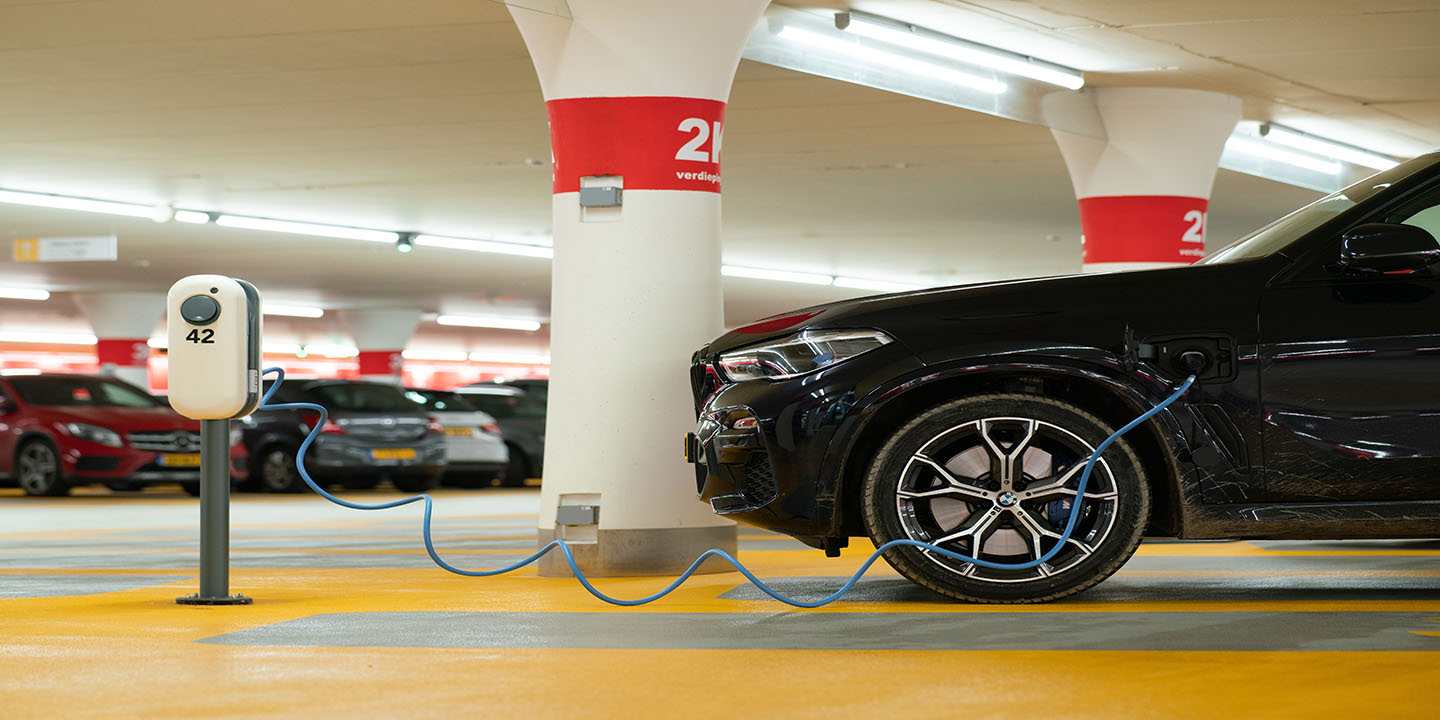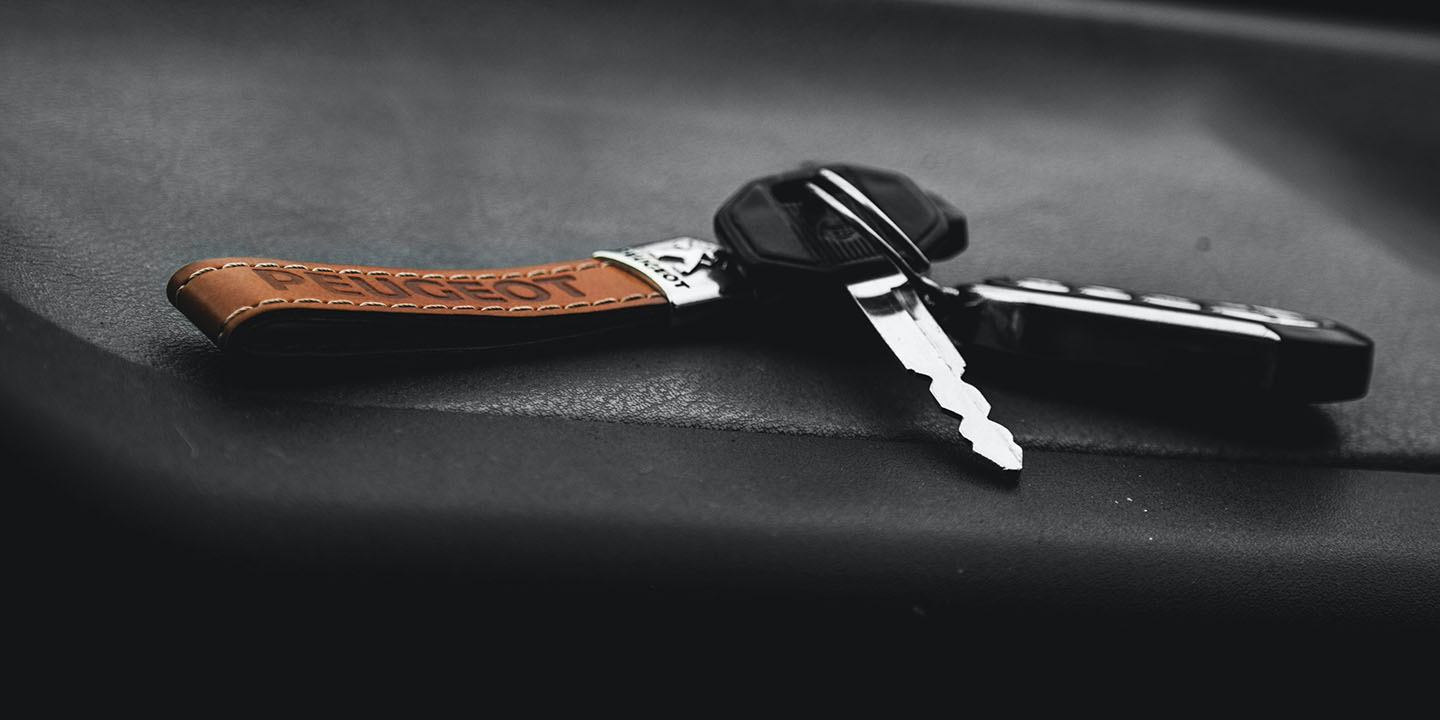How Immaturity Impairs Driving
People have a lot to say about older motorists: they’re too slow, they can’t handle night driving, and they have slower reaction times. While that may be true in some cases, young drivers can be just as dangerous behind the wheel. From high speeds to disrespecting authority, let’s dive into a few signs someone is too immature for the wheel.
1. Experienced Drivers are Unsure
Say what you want about older drivers, but they have years of experience under their belts—and when they recognize constant warning signs, there’s usually a problem. Whether it’s driving instructors or the parents themselves, experienced drivers recognize an incoming problem.
2. Easily Distracted
Good drivers know to ignore distractions. That means no answering the phone or checking emails at the light. However, young drivers don’t always weigh the consequences of distracted driving, and that’s a big sign that they aren’t ready to hit the road.
3. Constantly Speeds
When you first get behind the wheel, driving feels like flying. It’s an even bigger feat when you finally hit the highway! But cars aren’t toys, they’re machines, and they’re more than capable of causing nasty accidents. If you don’t think speeding is a problem, that’s likely a good indicator of immaturity.
4. Doesn’t Know the Rules
Hey, we’ve all forgotten a road sign or two. However, there’s a big difference between that and forgetting basic rules. Before you get behind the wheel, drivers need to know the rulebook like the back of their hands—if you don’t, that relaxing cruise could be disastrous.
5. Poor Impulse Control
Like it or not, drivers need a level head on the road. It’s tempting to lash out at someone who cuts you off, but that hot-headed behavior is more trouble than it’s worth. Poor impulse control can cause all sorts of issues, which only makes driving dangerous.
6. Can’t Handle Stress
It’s easy to think driving is peaceful. You’re on the road, nothing but the horizon and good tunes ahead of you, so what could go wrong? Unfortunately, a lot if you aren’t careful. With so many motorists around, you need to keep your wits about you at all times; an inability to handle stress won’t transfer well behind the wheel.
7. Unable to Handle Criticism
No one likes a backseat driver, but experienced motorists are there to help. A correction here or a gentle suggestion there isn’t cause for upset. Constructive criticism helps inexperienced drivers stay safe!
 Griffin Wooldridge on Unsplash
Griffin Wooldridge on Unsplash
8. Poor Spatial Awareness
Driving is way more than what’s in front of you. You never know when a pedestrian will step out between cars. You also never know when someone will make an illegal turn. Drivers need proper spatial awareness, and it’s something not every young motorist possesses.
9. Impaired Driving
Young people aren’t the only ones who drive impaired, but it’s unfortunately more common among them. A couple of drinks might not seem like a big deal to a newbie, but that’s exactly the kind of problem experienced motorists recognize.
10. Blasting Loud Music
There’s no shame in playing tunes, but blasting music can be pretty dangerous. A big part of driving is being able to hear what’s going on, and trunk-rattling bass impedes situational awareness. There’s a good reason you won’t catch older drivers blaring the classics!
11. Poor Decision-Making
Everything seems easier when you’re young, but that mentality can seep into your driving skills. From running yellow lights to letting friends drive your car, responsible drivers make the right decision, even when it’s hard.
12. Constant Close-Calls
It’s never a good sign when drivers have persistent close-calls. While not every fender bender is an at-fault accident, constant run-ins could signal an irresponsible motorist. To make matters worse, those accidents skyrocket insurance costs, which isn’t good for anyone on the policy.
13. Blames Others for Mistakes
Speaking of fender benders, young, immature drivers don’t always take responsibility. No, no—every accident is someone else’s fault. Every answered text was an emergency. When the excuses pile on, you know they shouldn’t get behind the wheel.
14. Laughs Off Consequences
On the other hand, some immature motorists don’t care about consequences at all. They might laugh off demerit points or assume their parents will bail them out. An inability to learn from mistakes puts everyone at risk, and it’s a huge indicator they aren’t ready for the road.
15. Hides the Truth
Mistakes happen, and fessing up is just as important as the lessons we learn. However, young motorists may hide scratches and scrapes from their parents. It might not seem like a big deal to them, but hiding even minor infractions doesn’t bode well for maturity.
 Volodymyr Dobrovolskyy on Unsplash
Volodymyr Dobrovolskyy on Unsplash
16. Disrespect for Authority
Now isn’t the time to “stick it to the man.” Law enforcement and parents alike deserve respect, but not every youngster thinks so. That “yeah, yeah” attitude can cause accidents, lead to demerit points, and signal poor decision-making on the road.
17. Not Following Basic Rules
It doesn’t matter if you hate the rulebook; good drivers play by it. You can’t make up your own speed limit or weave through traffic. You can’t race down empty streets either. Drivers share the road, not own it, and responsible motorists know that.
18. Emotional Outbursts
Road rage affects thousands of drivers every year and is a leading cause of major accidents. Young drivers are hardly the only culprits, but their inexperience could lead to more outbursts behind the wheel. Even if someone else tries to act tough, it’s important to stay calm in rough situations.
19. Poor Time Management
On the surface, poor time management doesn’t seem connected to driving. But young drivers running late are more likely to speed and cut through traffic. Experienced motorists know the value of traffic reports and leaving the house early; it’s better to be a few minutes late than put others in harm’s way!
20. Needs Constant Supervision
Hey, we all start somewhere. There’s no shame in having an experienced driver bedside you as you learn the ropes. But the training wheels need to come off sometime, and if you can’t handle suburban streets without a guide, you probably aren’t ready to tackle the road.








